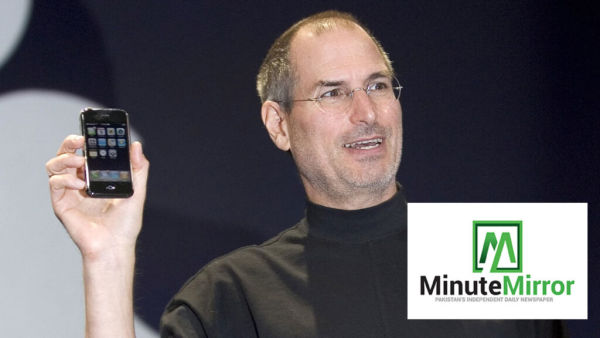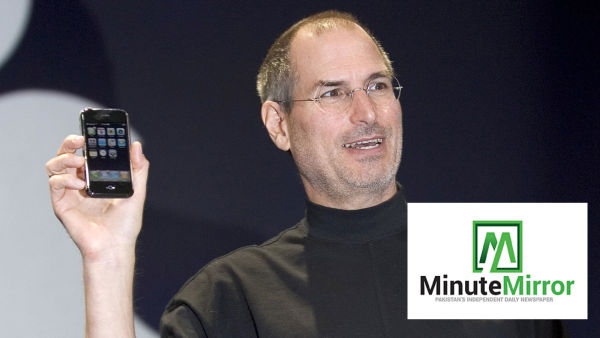

From the Macintosh computer to the iPhone, Apple’s late co-founder Steve Jobs is considered a genius in the tech world. He played a revolutionary role in integrating technology into everyday life.
But what’s even more remarkable is that decades ago, he made several predictions about future technologies that have since proven astonishingly accurate.
For example, in a 1985 interview, Jobs said that very soon, people would be able to use computers not just in offices but in their homes as well and that computers would become a household necessity. At that time, fewer than 10% of American homes had a computer.
Today, over 95% of households have at least one computer. In the same interview, he also predicted that in the future, computers would be able to connect with each other online, and people would buy them primarily to connect to a nationwide communication network.
Just six years later, in 1991, the first website was launched and today, there are billions of websites across the world.
In a 1996 interview, Jobs predicted the rise of smartphones and easy internet access. He stated that soon, people would be able to access the web from anywhere using their phones, which has become a reality today with smartphones.
In the same interview, he also predicted the rise of e-commerce, saying that in the coming years, people would visit stores less frequently and instead shop online. Today, numerous online platforms and companies have made this a global reality.
Steve Jobs also made a prediction about cloud storage in one of his interviews. He remarked that, at the time, managing storage on desktop computers seemed like a big task — but in the future, it wouldn’t be necessary for users to manage storage themselves. Instead, it would happen automatically — a concept that now exists through services like Google Drive and Apple’s iCloud.
Perhaps most impressively, in 1983, Jobs even made a prediction about tools similar to ChatGPT and artificial intelligence (AI). Speaking at the International Design Conference, he described a future technology closely resembling today’s AI chatbots.
He said that he enjoyed reading books about ancient Greek philosophers but wished he could ask them questions directly. He added that within the next 50 to 100 years, there would be a machine capable of answering people’s questions on any topic, responding in a way similar to a real human being.
Much like his prediction, a large language model can now be trained on Socrates teachings to respond to users questions in the same way Socrates might have answered during his lifetime.
We welcome your contributions! Submit your blogs, opinion pieces, press releases, news story pitches, and news features to opinion@minutemirror.com.pk and minutemirrormail@gmail.com